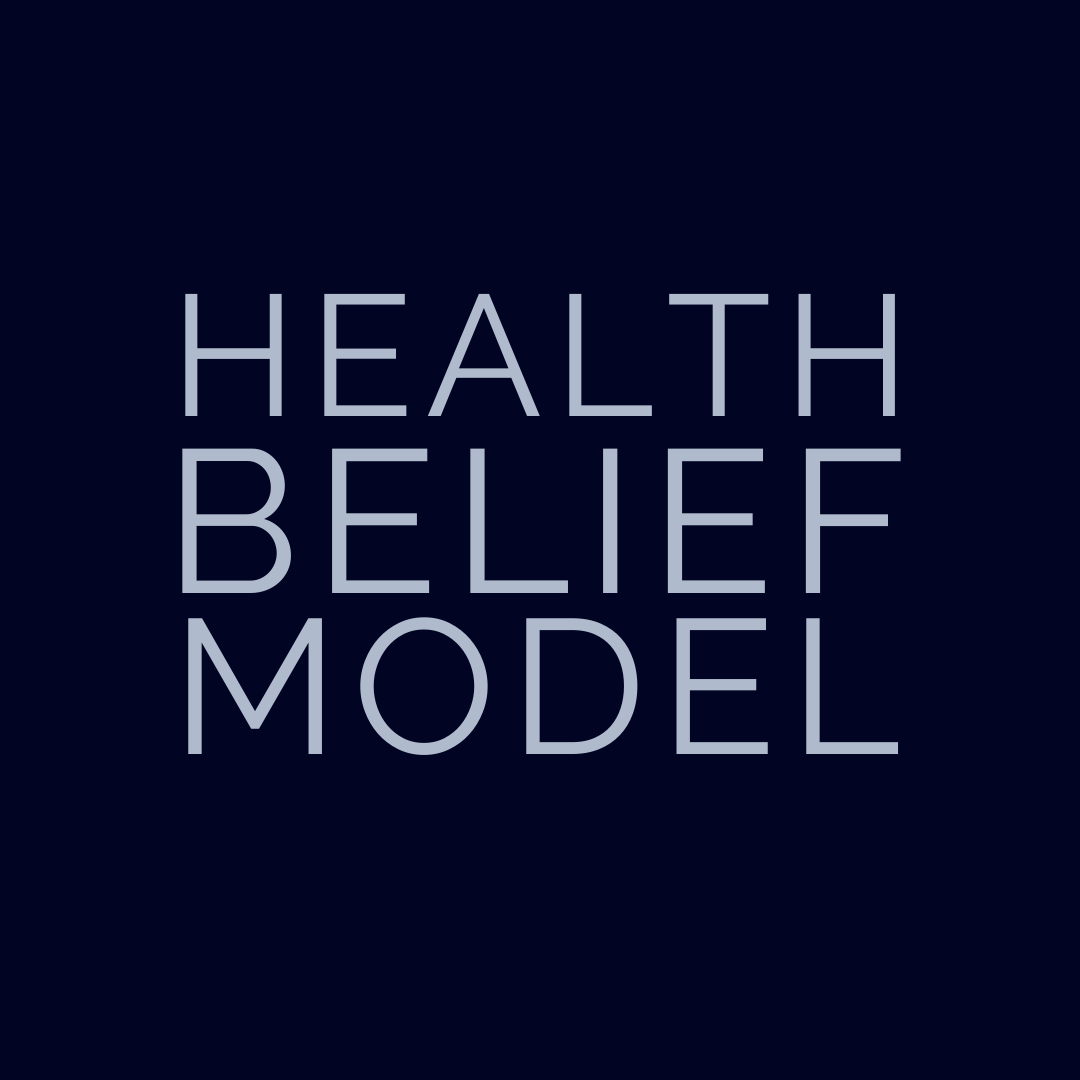NAVIGATING HEALTH BELIEFS
NUTRITION COUNSELING TIPS:
#1: Navigate each of these beliefs and factors to discover what may be motivating or limiting behavior change in your client.
As a counselor, is it important to understand that an individuals belief system will strongly influence their willingness to change. It is crucial to interview strategically and ask questions to assess each of these factors to identify what may be motivating the individual or what may be a limiting factor to a behavior change.
It may take time for an individual to change their beliefs, but identifying what their beliefs are will help you to target your role with a client.
Your role may be to:
Improve their knowledge about their current state of health;
Improve their knowledge on how their health may be impacted by their current behaviors;
Build strategies to help them navigate around their barriers;
Build new skills to help make healthy habits easier;
Build reminder systems that will trigger your client to act on their knowledge, skills and strategies.
#2: Rarely use scare tactics to increase perceived susceptibility and perceived severity for long-term nutrition-related health risks. If motivated only by the negative effects, the changes won’t last long-term.
Although this may be our first instinct as a healthcare provider, using the strategy of primarily convincing an individual of the risk factors and severity of the disease risk or scare tactics in nutrition counseling will only really work if the risk is imminent. If you are trying to persuade someone to change in the present for a risk that my be 10 years from now, this tactic may be impactful temporarily, but will lessen shortly after the conversation and may not create any sustainable change. It is much better to find out what positive long-term goal the client has and connect the importance of positive wellbeing and physical health to their ability to meet that long-term goal.
KEY REFERENCES
Rosenstock, I. M., Strecher, V. J., & Becker, M. H. (1988). Social learning theory and the Health Belief Model. Health education quarterly, 15(2), 175–183. https://doi.org/10.1177/109019818801500203.









